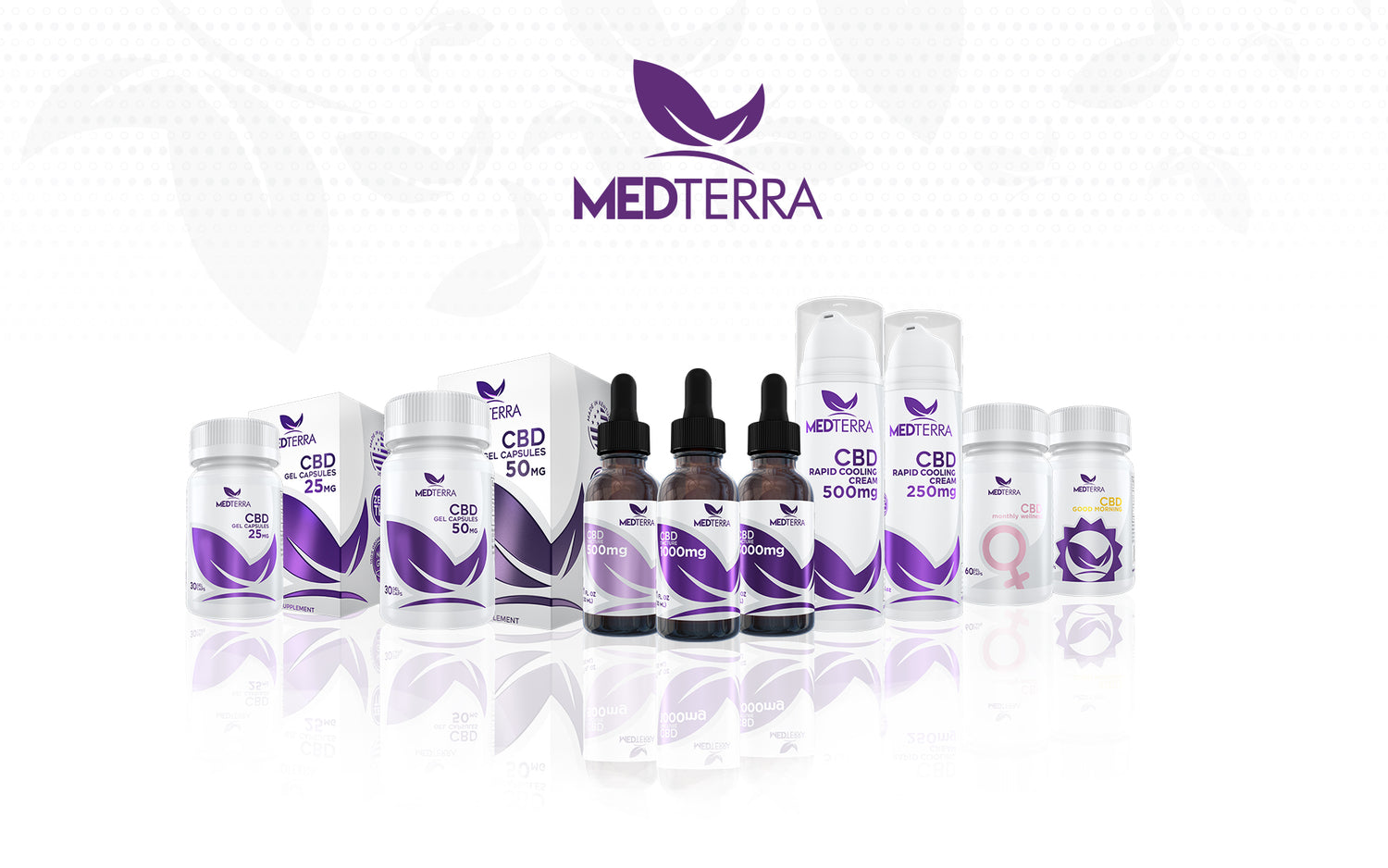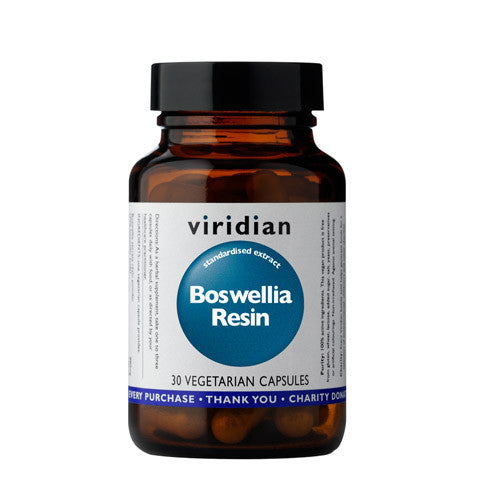Statins: more harm than good

Another day, another drug related headline and this time statins are the drug of choice. Statins are a group of medicines that can help lower the level of low-density lipoprotein (LDL) cholesterol in the blood. It has been reported that they help prevent coronary heart disease in patients without a history of cardiovascular disease (CVD) and those who are at very high risk of developing CVD, or have had some form of CVD. Today they are the most commonly prescribed medicine in the UK, and it is estimated as many as 7 million people in the UK are currently taking statins. New research has been published in the Expert Review of Clinical Pharmacology however, which calls all of this into question, suggesting that statins may actually stimulate atherosclerosis and heart failure due to a number of pharmacological reasons.
One of the main causes seems to be the mechanism whereby statins inhibit vitamin K2 synthesis and accelerate artery calcification. We know that vitamin K plays a vital role in maintaining healthy bones and arteries by keeping calcium in the bones and out of the arteries. However statins inhibit vitamin K2 formation and thereby accelerate coronary artery calcification, an important marker of the progress of atherosclerosis.
Other causes reported in the research include:
• Combination of statin administration & selenium deficiency cause heart failure through a common mechanism
• Statins are mitochondrial toxic as they inhibit CoQ10 and ‘heme A’ biosynthesis, and thereby reduce ATP generation
• Decreased ATP generation & resulting cell damage contribute to the development of CHD in familial hypercholesterolemia cases & in statin-treated people
In summary, statins are not only ineffective in preventing CHD events but instead are capable of increasing CHD and heart failure. Based on these findings, the researchers propose that current statin therapy should be critically and urgently re-evaluated. They also conclude that patients must be informed of all statin adverse effects, including the ability to cause CHD and heart failure, onset of diabetes, central and peripheral nervous disorders, etc. all of which can become apparent after 6 or more years of statin therapy.
Reference: Okuyama H et al. Statins stimulate atherosclerosis and heart failure: pharmacological mechanisms. Expert Review of Clinical Pharmacology. 2015 8(2), 189-199.
Tips for healthy cholesterol levels
• Good dietary habits are essential. A diet high in vegetables, fruit and grains is good. Limit meat intake and swap for fish, tofu, and extra vegetables in dishes a couple of days a week.
• Fibre is very important as fibre binds cholesterol and bile acids and promotes their excretion. Increase intake of beans, pulses, nuts, seeds, fruit and vegetables and choose brown or wholegrain options over white breads, pasta and rice.
• Stress reduction is beneficial as stress increases the production of cholesterol that is made in the body. Incorporate relaxing activities like meditation, yoga and massage on a daily basis.
• Obtain optimal weight and reduce if necessary.
• Avoid smoking, alcohol and caffeine.
• Moderate exercise is important. Exercise has been shown to increase HDL cholesterol.
• Consider supplementing with CoQ10. As mentioned above, statins inhibit CoQ10 biosynthesis which is counterproductive as CoQ10 is an antioxidant known to strengthen the heart whilst also helping prevent the oxidation of LDL cholesterol.







